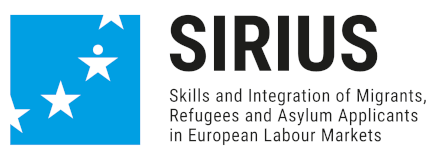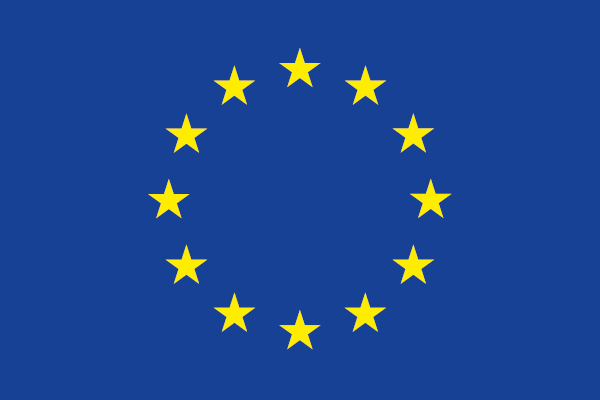WP5 – Social Partners Barriers and Enablers
|
|
||
| Start: September 2019. End: February 2020. Lead partner: Glasgow Caledonian University | ||
|
The aim of WP5 is to assess the role of social partners in the integration process of refugees, migrants and asylum seekers in labour markets. Studies show (e.g. ILO 2016; Eurofound 2016) that particularly at the sectorial level, employer and worker representative organizations play a key role in assisting the integration process for migrants and refugees, through collective bargaining processes, and in alleviating the concerns of workers relating to wages and working conditions. Moreover trade unions play an important role in respect to the provision of support services, including defending rights in the workplace. Concurrently, recent studies (e.g. OECD 2016) reveal that many employers do not see an immediate business case for hiring refugees or asylum-seekers. Studies cite several reasons for the slow up-take in the employment of refugees and asylum seekers, ranging from uncertainty about the rules governing the rights of refugees and asylum seekers to access the labour market, and uncertainty about their skills and qualifications, as well as concerns regarding lower productivity due to a lack of host-country language skills, at least initially, and public opinion that is sceptical about hiring refugees or asylum-seekers. Also, the perceptions of trade unionists regarding refugees and asylum-seekers can often mirror negative attitudes among fellow employees and the broader public. Against this background, WP5 aims to provide an in-depth comparative perspective on how the role of social partners facilitates or hinders the integration of post-2014 migrants, refugees and asylum-seekers into the labour market through the conduction of an online survey and a set of in-depth semi-structured interviews with social partners in each SIRIUS country. |



